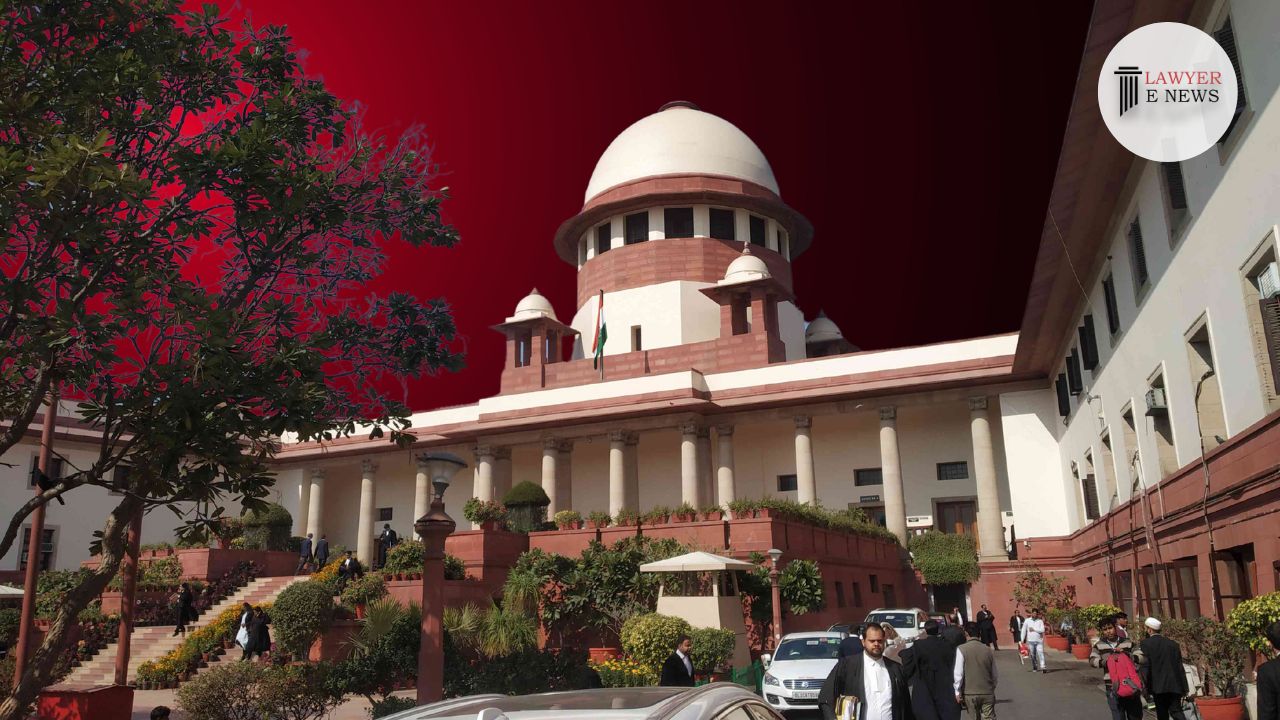-
by sayum
14 February 2026 2:22 PM



In a significant ruling, the bench comprising of Hon'ble Mr. Justice M.M. Sundresh and Hon'ble Mr. Justice J.B. Pardiwala delivered a judgment that reinforces the reliability of in-court identification and conduct evidence in criminal trials. The decision, delivered on August 24, 2023, emphasizes the role of witness testimony and the conduct of the accused in establishing guilt beyond reasonable doubt.
The judgment extensively discussed the evaluation of identification evidence, particularly in cases where the accused refused to participate in Test Identification Parades (TIPs). The court underscored the importance of scrutinizing witness credibility and the factors influencing identification reliability. Referring to the American Supreme Court's criteria, the bench emphasized the opportunity of the witness to observe the accused during the crime, the degree of attention, accuracy of prior descriptions, the certainty displayed during confrontation, and the time elapsed between the incident and identification.
One pivotal observation from the judgment stated, "It is a long-settled law that if a witness is trustworthy and reliable, the mere fact that no identification parade could be conducted and the appellant convict was identified for the first time before the Trial Court, would not be a reason to discard the evidence of the witness."
Furthermore, the court delved into the relevance of conduct evidence, highlighting the significance of an accused's behavior in leading investigators to the discovery of evidence. The bench interpreted Section 8 of the Evidence Act and noted that even if the evidence could not be admitted under Section 27, it remained relevant under Section 8.
The judgment also addressed the contention that the appellant had refused to participate in the TIP as the witnesses had already seen him. The court emphasized the need for a credible explanation for such refusal, stating, "A mere bald assertion is not sufficient." The court further highlighted the accused's conduct, including the discovery of evidence leading to his conviction.
In its concluding remarks, the bench upheld the conviction, emphasizing that the evaluation of identification evidence was thorough and that the refusal to participate in the TIP was inconsequential. The judgment sets a significant precedent for criminal trials, reaffirming the admissibility of in-court identification and conduct evidence as crucial elements in establishing guilt.
Date of Decision: August 24, 2023
MUKESH SINGH vs THE STATE (NCT OF DELHI)
